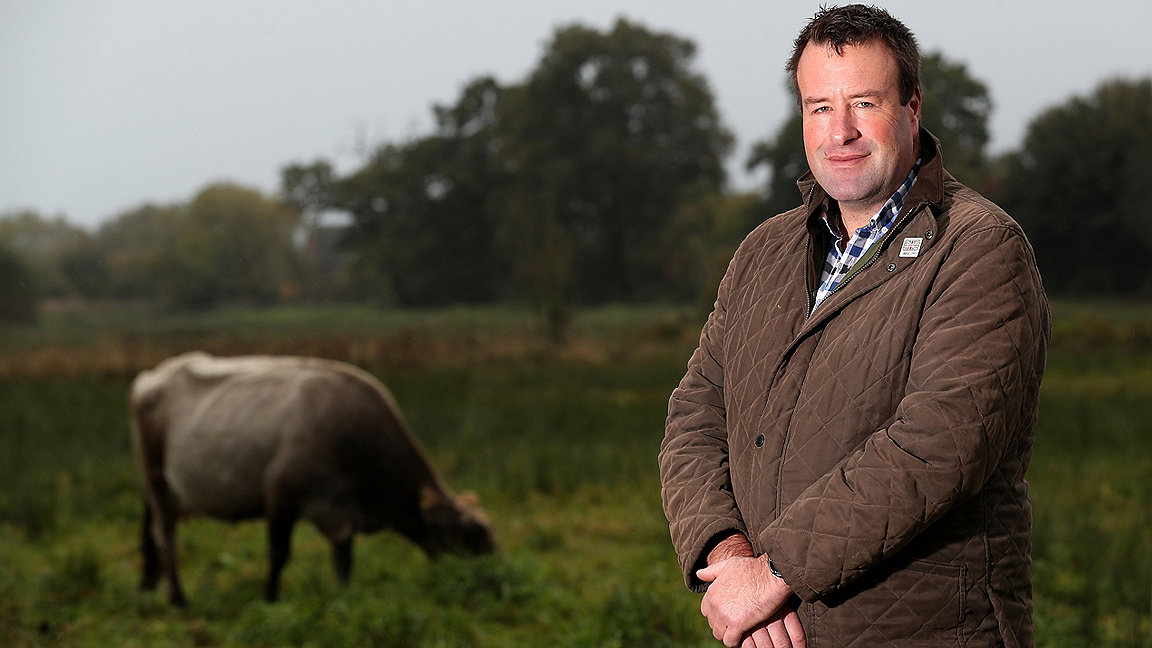
Stuart Roberts © Adam Fradgley, Lawrence Looi and John Cottle
In the context of national and international climate change summits this year, local authorities are also gearing up for net zero, looking to reduce emissions from their own processes as well as from business and consumers in their areas. But more needs to be done – and this is where agriculture is in a unique position, as a carbon sink as well as a source.
Farming captures carbon dioxide from the air and turns it into a wide range of foods, fibres and fuels. And by storing carbon in vegetation, soils or in raw materials, farming can balance the methane and nitrous oxide emissions from food production. Farmers also manage carbon reserves already in soils and vegetation.
But the UK's agricultural sector is undergoing upheaval, with the transition to post-Brexit policy, disruption in the food and drink marketplace with the advent of plant-based meat alternatives, technological acceleration, the fallout from COVID-19 and, not least, climate change.
The National Farmers' Union (NFU) is committed to achieving net-zero carbon across agriculture in England and Wales by 2040. As host of COP26 later this year, the UK has the opportunity to reinforce its claim to being a world leader in climate-friendly food production, ensuring a sustainable food supply. Local authorities can support farmers and growers to plan and provide a net-zero future.
Clear, long-term and multi-sector plans should be a collaborative effort, with local plans reflecting this by being transparent on liabilities, restrictions and regulations. It is important to understand how different net-zero strategies link together, and how other policy developments – such as ensuring increased biodiversity and establishing local nature recovery networks – affect farming.
A new funding environment
The phasing-out of the Common Agricultural Policy (CAP) now that the UK has left the EU, including direct payments to farmers, will mean that, on average, 60% of total farm business income will be lost. This will restrict cash flow as well as investment in net-zero measures.
The latest NFU Confidence Survey revealed that 78% of respondents believe that leaving the EU's Basic Payment Scheme will have a negative impact on their business. The main policy replacement, the Environmental Land Management Scheme (ELMS), will provide public money for public goods from 2024, but it remains unclear whether such goods will include net-zero measures.
While new forms of funding are uncertain, they are likely to be linked to the local industrial strategies administered through local enterprise partnerships (LEPs). Funding for agricultural and rural projects needs to be ringfenced and maintained at least at existing levels – a legally binding guarantee would ensure rural communities and farms get their fair share.
The rural economy is rich and diverse, but cannot flourish without sufficient investment. Local authorities can provide invaluable support for agricultural businesses in their areas. But each farm is unique, and farmers can only implement measures that work for them; they need the freedom to decide the direction of that business.
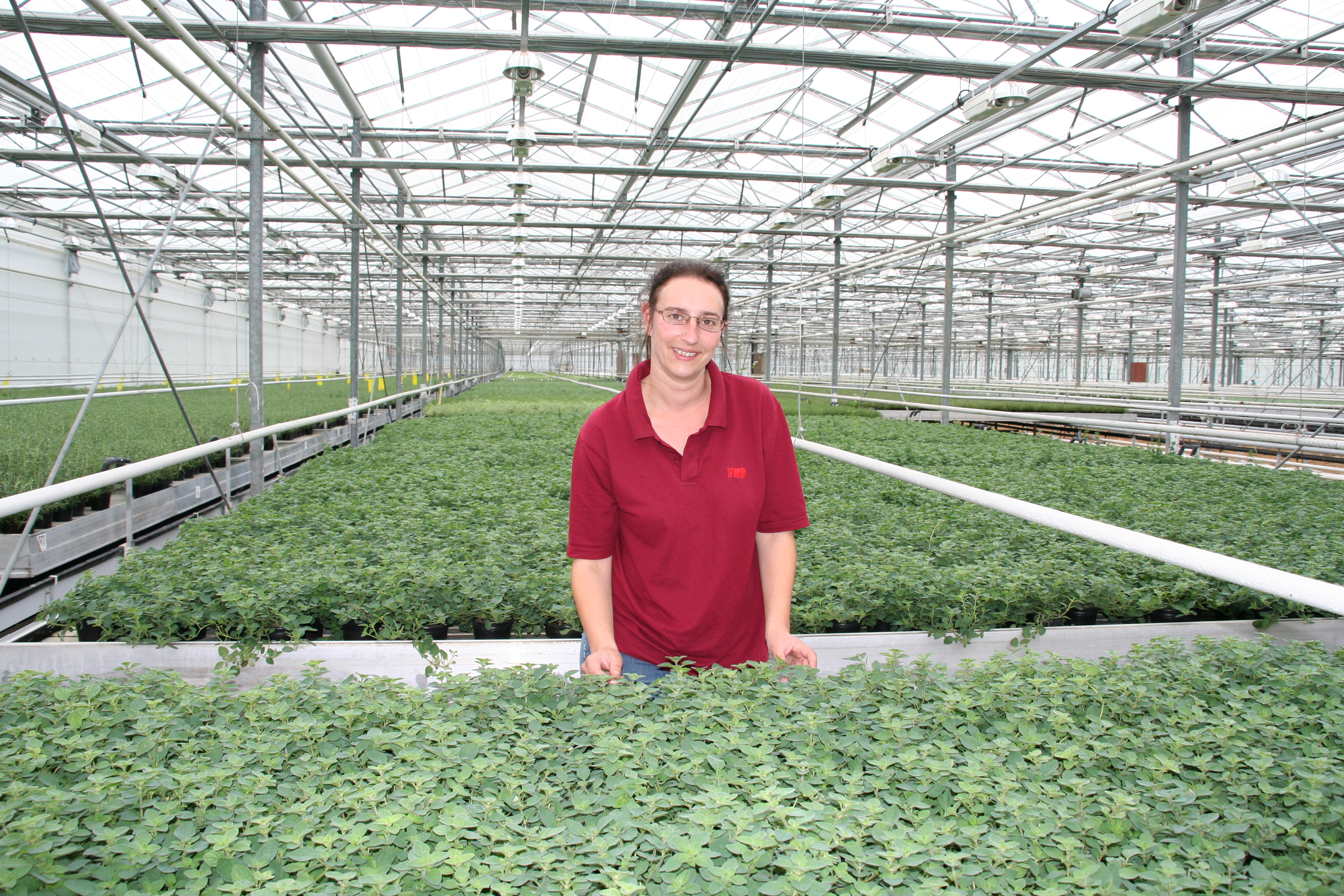
The NFU's booklet Net zero & agriculture – A guide for local authorities aims to match farms' measures with local authority help, with the three pillars of boosting productivity, storing carbon on farmland, and renewables and the bioeconomy. Farmers will also need skills and training to make the most of this support.
Productivity
- promoting a fair price for quality, locally produced food, encouraging a healthy, balanced diet, and avoiding the polarising rhetoric that meat is bad
- supporting public procurement of local produce; simplifying the process and improving practice would help more local and regional producers
- supporting climate-friendly food chains, such as more localised processing, packing, distribution and marketing, reduced consumer travel and handling food waste at a district and county level
- continuing involvement in regional and national frameworks and groups such as LEPs, flooding and coastal committees, local food groups and local nature partnerships.
Farm building modernisation
Replacement and modernisation of farm buildings can improve thermal and energy efficiency. As the climate changes, keeping livestock and high-value crops in optimum condition could become more important for health and welfare. All farms will benefit from flexible planning approaches to modernise buildings.
Digitalisation
The rollout of high-speed broadband and mobile is desperately needed to enable farmers to adopt more efficient technology. According to the NFU's Digital Technology Survey, carried out last autumn, farmers with superfast broadband are more likely to invest and expand their farm businesses and take advantage of wider business opportunities. But the necessary digital infrastructure requires greater planning and investment in rural areas by central government and local authorities.
Transport and infrastructure
In rural England, 'the choices and opportunities available to a community are limited by a lack of public transport', according to the Transport deserts report published by charity CPRE last year.
Rural drivers travel, on average, more than 50% further than their urban counterparts, and this increased reliance on cars leaves rural areas vulnerable as petrol and diesel cars are phased out over the coming decade. Government support for electric vehicle (EV) charging infrastructure needs specifically to be targeted at rural economies to sustain businesses and support tourism. But farmers can provide opportunities to host infrastructure at farm shops or on the edge of villages.
Fuel use accounts for around 11% of total agricultural greenhouse gas (GHG) emissions, according to DEFRA statistics from 2019. In the longer term, electrification of agricultural machinery will reduce emissions; but in the meantime there is a continued role for biofuel blends such as E10 ethanol and B20 biodiesel.
If farmers are to support this endeavour, they will need help from local authorities with capital investment in technology and infrastructure. Local industrial strategies administered through LEPs must be appropriate for rural areas, giving small and micro businesses access to investment in new technology and new facilities for herd health monitoring, slurry management and nutrient management, as well as mid-career business training.
Creating regional and local partnerships can also support investment in agricultural technology and clean technology such as EVs and charging points, digital facilities such as data collection, soil testing, mapping, and scaling up and supporting knowledge-based and circular economy business models.
Research and development
Local authorities can also enable the development of science parks, research centres and other knowledge-based jobs in the rural economy. Emerging technology developed through such initiatives could significantly reduce emissions, as well as create jobs. For example, agricultural robots powered by on-site clean energy generation, farm machinery that reduces diesel use, and feed additives that lower methane emissions are all being trialled.
'Agricultural robots powered by clean energy, farm machinery that reduces diesel use, and feed additives that lower methane emissions are all being trialled'
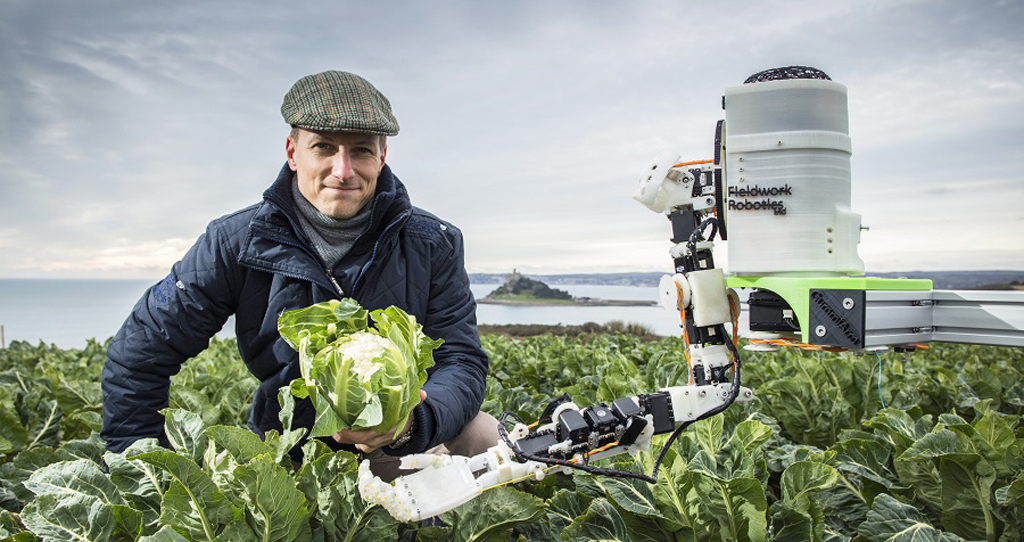
Carbon storage
Trees are commonly considered critical to achieving net-zero carbon, and farmers face increasing pressure to plant. There are more than 1m hectares of woodland on agricultural land according to DEFRA statistics from 2019, and the government aims to plant a further 30,000ha of trees a year by 2025.
But there are also 565,000ha of tree cover in England outside woodlands, and its value is often overlooked in policy. This contributes significantly to carbon sequestration, biodiversity and landscape character, and offers a way for farmers to plant and manage trees that work for their existing business.
Around 40% of existing woodland is not actively managed at present, so this should be encouraged as a priority by making funding more accessible. The Big Farm Tree Planting is a regional project being run by the NFU with the Woodland Trust, which has provided 5,000 trees free of charge to 500 of our members.
Planting needs specialist advice, though, because the right tree in the right place can benefit water quantity and quality, biodiversity, productivity and carbon storage. Domestic production can be encouraged by sourcing British-grown saplings, while new markets can also be promoted for local timber and wood fuel.
But conversion to woods is currently treated as irreversible land-use change, which presents challenges for farmers in terms of contracts, payments and taxation. It may also be difficult for tenant farmers to make long-term changes, or for others who are unable to tie up their assets when the future is so uncertain, thanks to Brexit and climate change for instance.
As farmers have become more efficient, GHG emissions from arable production have been considerably reduced over the past 20 years, as DEFRA reported in 2017. However, they remain significant as a result of soil processes and fertiliser use. UK soils store around 10bn tonnes of carbon, equivalent to 80 years of annual UK GHG emissions, according to the Environment Agency.
Worldwide, soils store three times as much carbon as the atmosphere, and with 70% of land area in England used for farming, farmers recognise that healthy soils increase crop yields, reduce emissions and are more resilient to climate change. They prioritise soil protection and management through crop rotation, making informed choices about cultivation, and trialling minimum tillage techniques.
Further investment in soil science is nonetheless needed, to explore issues such as soil health, crop varieties and plant breeding. Collecting reliable and robust data using new technologies such as drones, satellite imagery and DNA sequencing can help.
Farms could also set aside and manage less productive areas of land for carbon storage. Private capital investment may become available for carbon credits and offsetting. Economic activity such as tourism, business, and residential development in each local authority area will also need to find ways to manage carbon.
'The right tree in the right place can benefit water quantity and quality, biodiversity, productivity and carbon storage'
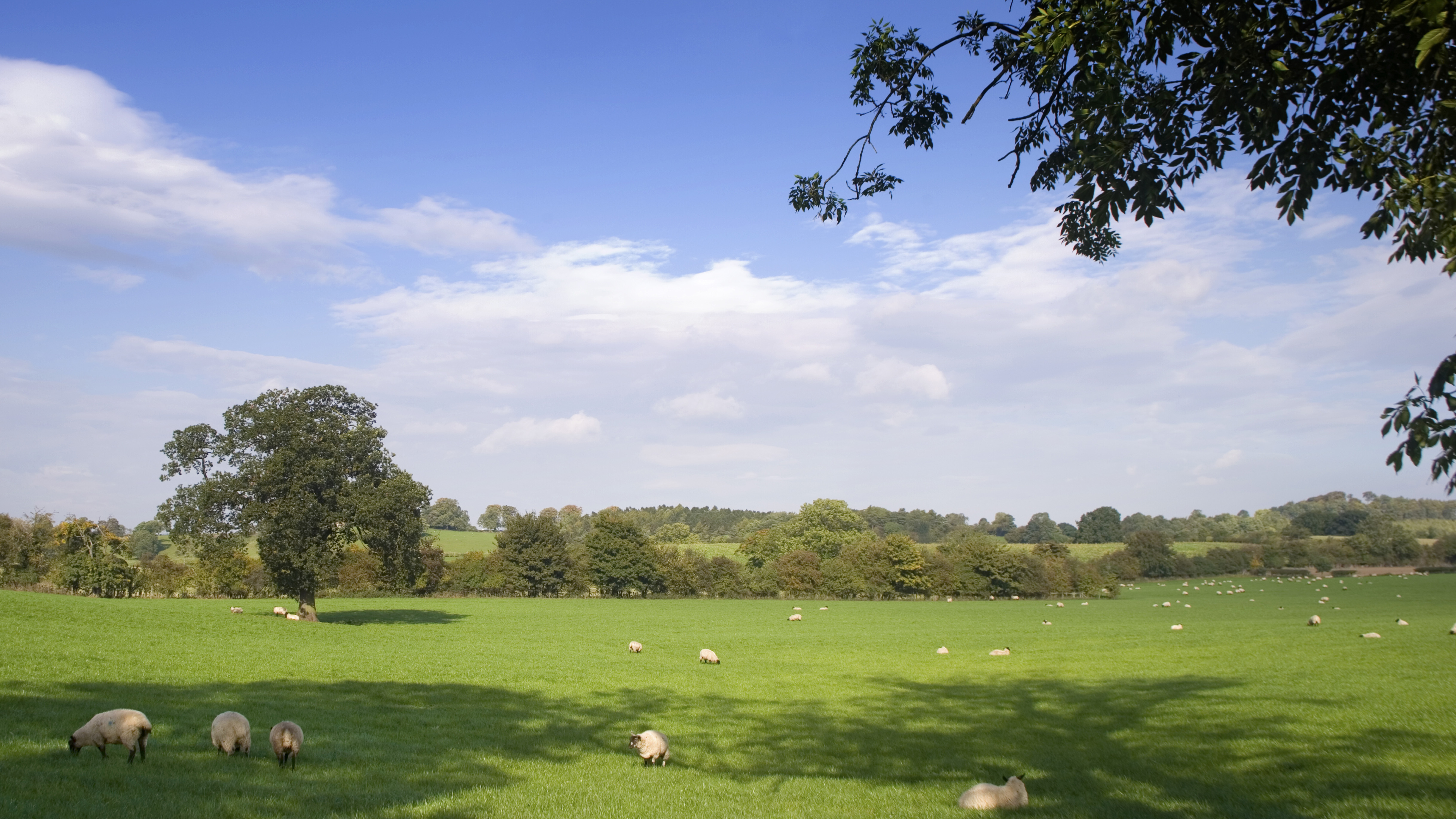
Renewables and the bioeconomy
Decarbonisation of energy production is crucial in reaching net zero, with the UK needing to triple its solar power generation alone by 2030. A return to low-cost onshore wind power is also expected.
Farmers and growers are particularly well placed to help, given they have the land to host or generate renewable energy. About 40% of farmers already have some form of renewable energy production on site, and it is estimated that they own or host more than half the UK's solar power and anaerobic digestion, which generates biofuel or biogas from farm waste and bioenergy crops, as well as most onshore wind power. There's clearly an appetite among farmers to diversify into new income streams from solar and wind, heat and electricity from biomass, anaerobic digestion, and bioenergy crops.
Local authorities can support farms by putting in place policy to promote the necessary infrastructure: planning can be challenging for those wanting to install renewables on their farms, and a transparent system must be accessible to all farmers and growers. Authorities can also help to fast-track grid connection capacity by funding the necessary reinforcement of existing power networks, and supporting knowledge exchange.
Another way that local authorities can help is to promote the market for bio-based products; it is growing, but there needs to be significant scale-up to encourage new supply chains and give farmers the confidence to invest. These products – which include hemp fibre, miscanthus, and wood chip and wool for housing insulation and carpet manufacture – can lock up carbon in long-term stores and contribute to the circular economy.
More could also be made of the potential for farms to contribute to district heating network systems for new residential and business developments in rural areas, as in EU countries such as Austria. Local authorities should offer farmers and landowners opportunities to provide heat network services or fuel feedstocks as a planning condition for new housing development.
Skills and training
In its 2019 report Achieving Net Zero: Farming's 2040 Goal, the NFU estimated that to reduce agricultural emissions by around 25% farmers need new skills and technology. However, farmers are already busy and may find it difficult to access training and business change advice; some colleges provide relevant training, but it can be expensive and hard to reach from remote rural locations.
Most farmers tend to develop an understanding of new ideas from their friends, family, peers, trusted advisers and any clusters or groups with which they are involved. They also attend agricultural events to learn about new technology and new opportunities. Some of the ways that local authorities can help them, therefore, include holding and supporting farmer-focused events where they can share knowledge and gain local support for new technologies and ways of working, as well as funding and promoting local demonstration sites and initiatives.
Stuart Roberts says: 'Local authorities and farmers have a shared goal – to tackle climate change. By working together, we can continue to build a more productive, profitable and sustainable agriculture sector and in turn accelerate our national transition to a net-zero economy.'
'Planning can be challenging for those wanting to install renewables on their farms'
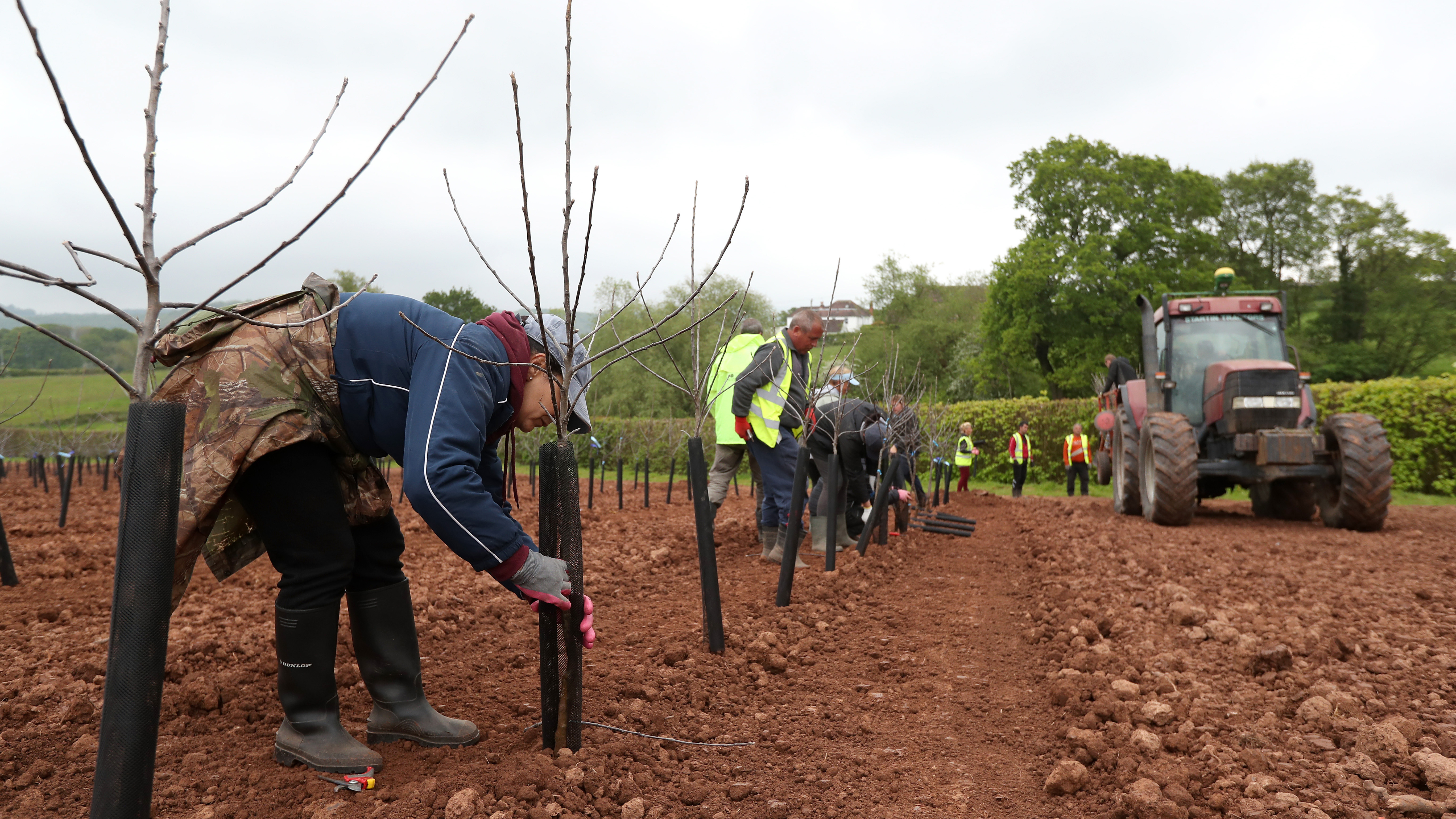
RICS' view
Stuart's comprehensive and important article for the profession touches on much that is relevant to RICS Land group members working across the rural, planning and development, environment, geomatics, and minerals and waste sectors.
RICS' recent responses to the English Tree Strategy consultation and changes to the Electronic Communications Code consultation are relevant, as is the current edition of Surveyors advising in respect of the Electronic Communications Code, RICS guidance note.
The current editions of Negotiating options and leases for renewable energy schemes and The valuation of assets in the commercial renewable energy sector, RICS guidance notes, are also key. Meanwhile, the current edition of Environmental risks and global real estate, RICS guidance note, reminds all valuers to be cognisant of the ecological impact of property. The RICS insight paper Value of natural capital – the need for chartered surveyors is also pertinent, with its case study about placing a value on carbon stored in a forest. We have just started updating the Valuation of woodlands guidance note, which will reflect all recent developments in the sector.
Stuart Roberts is deputy president of the NFU
Contact Stuart: stuart.roberts@nfu.org.uk
Related competencies include: Agriculture, Energy and renewable resources, Management of the natural environment and landscape, Sustainability
